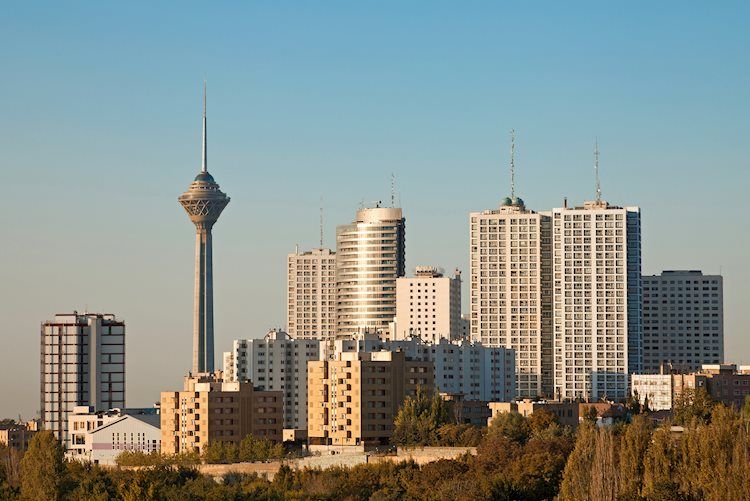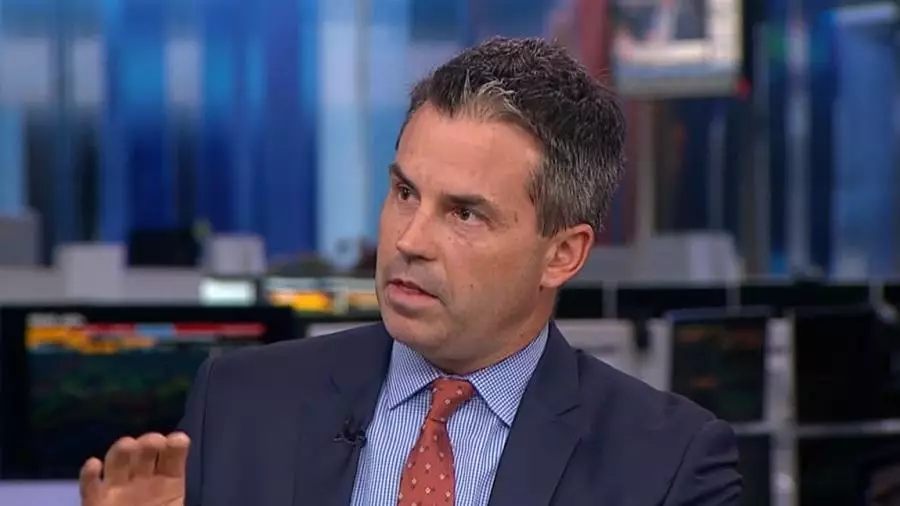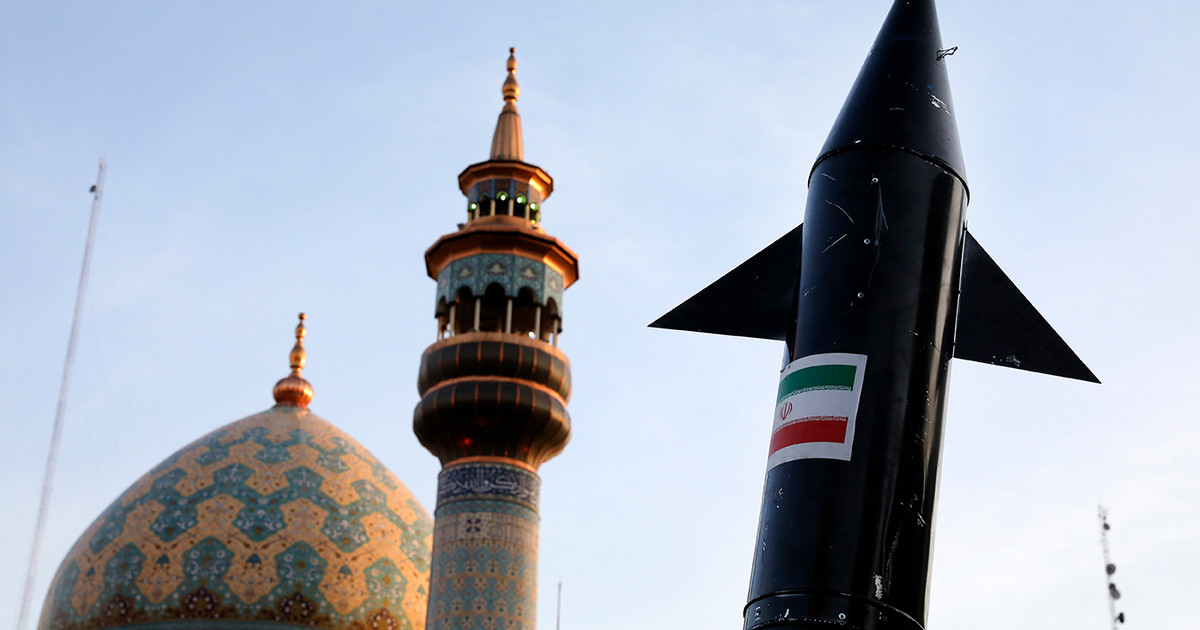European gas prices are rising after a rally of 43% last week, as cuts in Russian supplies raise alarm in the region’s governments amid a growing risk of a bullet-proof consumption, according to Bloomberg.
It is noted that transfers via Nord Stream remain at only 40% of capacity. Supplies are likely to remain limited with Gazprom chief Alexey Miller warning that there is currently no solution to the gas turbine problems needed to run the pipeline. This forces large European consumers to pump gas from the reserves they have created for the winter, when demand usually peaks.
Shipments to top buyers in Germany, Italy and France have been curtailed, prompting the Commission to say Russia is using its energy to “blackmail”. The leaders of Italy and Germany – who traveled to Kyiv last week just as Gazprom tightened its grip on European supplies – also accused Moscow of deliberately cutting supplies.
“Security of supply is currently guaranteed. But the situation is serious,” said German Economy Minister Robert Habeck. The government has asked the Germans to reduce consumption and plans to rely more on coal plants, as gas supplies remain uncertain.
Europe is looking for extra cargo from other parts of the world and has boosted liquefied natural gas (KNG) imports to make up for shortages. But a prolonged shutdown of the LNG Freeport plant in Texas has resulted in fewer shipments being available from the US, on which the continent depended to fill warehouses. Europe will also have to compete with Asian buyers for cargo at a time when the world market is tight.
“This renewed pressure on the market comes as a warning of how difficult it will be for a smooth short-term transition from Russian gas,” Timera Energy said. “Europe will have to fight Asia and Latin America for any additional LNG supply to facilitate decoupling from Russian imports. That means higher prices, as we saw last week.”
Germany’s Uniper, Europe’s largest buyer of Russian gas, received 60 percent fewer supplies than it ordered last week, while France’s Engie SA and Austria’s OMV AG were also hit.
In this climate, the Dutch futures contract – a European benchmark – rises 7% to 126 euros per megawatt hour. The corresponding British contract marks an increase of 5.1% to 212 pence per thermal unit.
Source: Capital
I am Sophia william, author of World Stock Market. I have a degree in journalism from the University of Missouri and I have worked as a reporter for several news websites. I have a passion for writing and informing people about the latest news and events happening in the world. I strive to be accurate and unbiased in my reporting, and I hope to provide readers with valuable information that they can use to make informed decisions.






